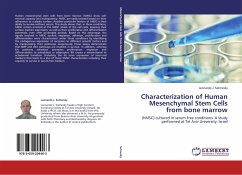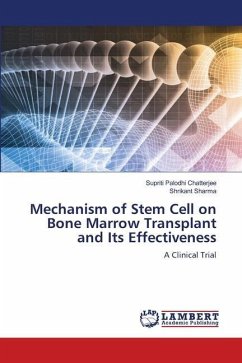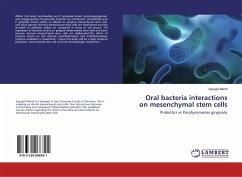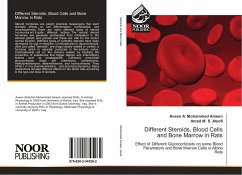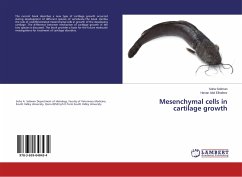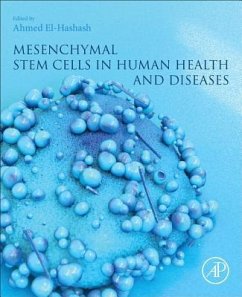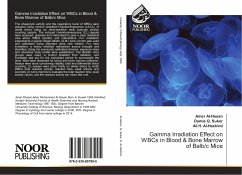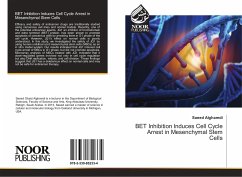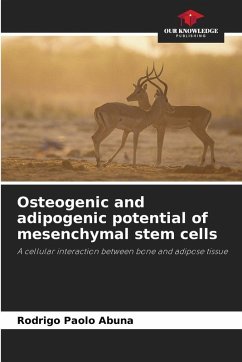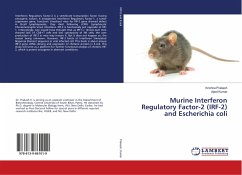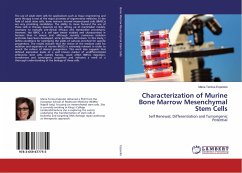
Characterization of Murine Bone Marrow Mesenchymal Stem Cells
Self Renewal, Differentiation and Tumorigenic Potential
Versandkostenfrei!
Versandfertig in 6-10 Tagen
34,99 €
inkl. MwSt.

PAYBACK Punkte
17 °P sammeln!
The use of adult stem cells for applications such as tissue engineering and gene therapy is one of the major promises of regenerative medicine. In the field of adult stem cells, bone marrow stromal mesenchymal cells (BMSCs) are very promising candidates. The ability to move forward the use of these cells in therapy depends on the setting up of mammalian models, necessary to evaluate pre-clinical efficacy and standardize procedures. However, the BMSC is a cell type better studied and characterized in humans than in mouse and, although recently numerous isolation protocols have been developed, s...
The use of adult stem cells for applications such as tissue engineering and gene therapy is one of the major promises of regenerative medicine. In the field of adult stem cells, bone marrow stromal mesenchymal cells (BMSCs) are very promising candidates. The ability to move forward the use of these cells in therapy depends on the setting up of mammalian models, necessary to evaluate pre-clinical efficacy and standardize procedures. However, the BMSC is a cell type better studied and characterized in humans than in mouse and, although recently numerous isolation protocols have been developed, some problems still remain. In this study, I define conditions for optimizing the yields of cultures enriched for specific progenitors. The results indicate that the choice of the medium used for isolation and expansion of murine BMSCs is extremely relevant in order to enrich the culture of desired progenitors. This work also suggests that defined expression levels of a well known marker of undifferentiated embryonic stem cells, namely Nanog, could affect BMSCs migration, invasiveness and tumorigenic properties and indicates a need of a thorough understanding of the biology of these cells.



